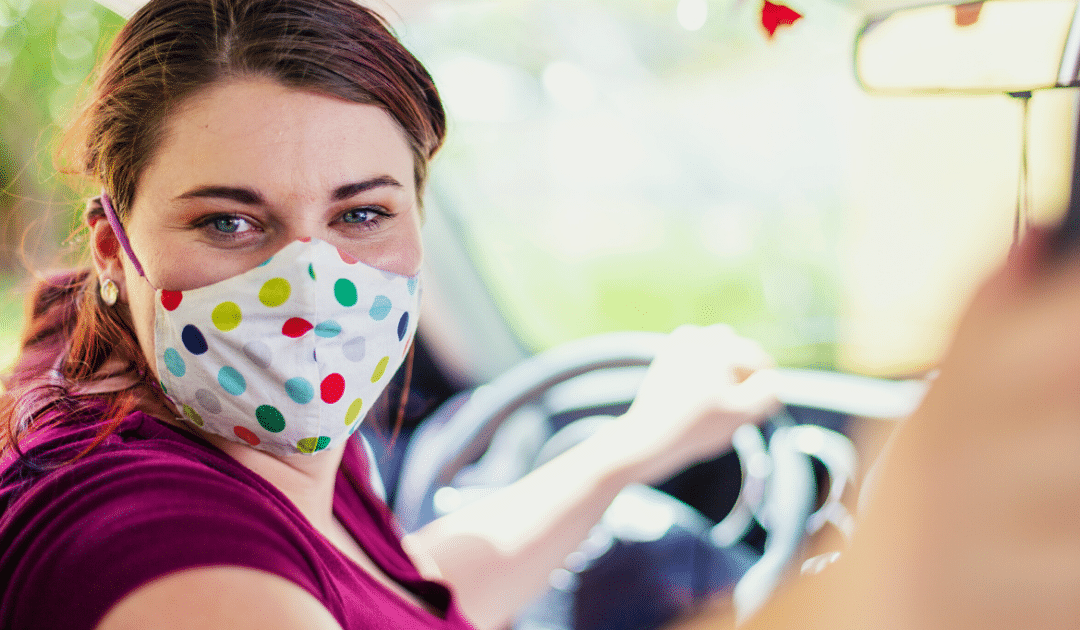After months of Covid restrictions and lockdowns, many people are reviving travel plans for work or to see family.
Travel increases your risk of both spreading and getting Covid-19, so if you’re looking to book a flight, hotel or rental car soon, check out these tips to keep yourself, your family, and others safe.
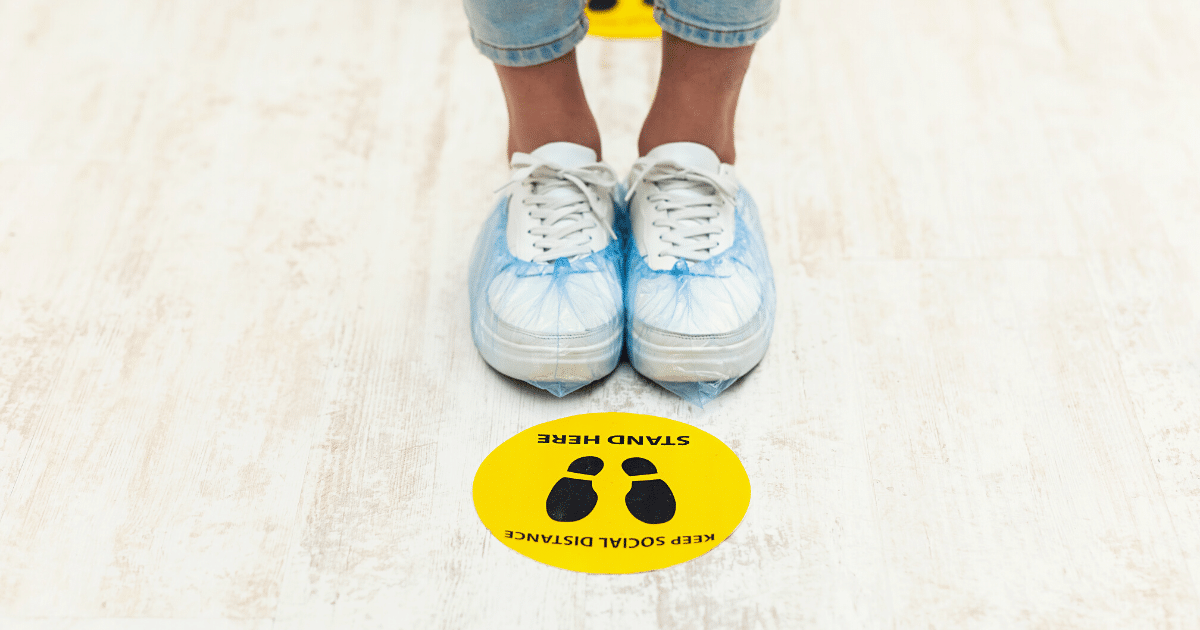
General Precautions
You can decrease risk of transmission by doing the following during your entire trip.
- Always wear a face mask (and carry a few extras) when around others.
- Follow social distancing rules – stay at least 6 ft from others as much as possible.
- Wash your hands frequently and for at least 20 seconds. Carry hand sanitizer with you and use it as a back-up if you can’t wash your hands.
- Avoid contact with frequently touched surfaces such as elevator buttons, kiosks, or handrails.
- Stay away from anyone who exhibits signs of illness such as sneezing or coughing.
- Don’t touch your face.
- Check local requirements and restrictions. For instance, some cities require travelers to self-quarantine for two weeks if they’re traveling from a coronavirus hot spot.
- Be sure your packing list includes cloth face masks, alcohol-based hand sanitizer, disinfectant wipes, and a thermometer.
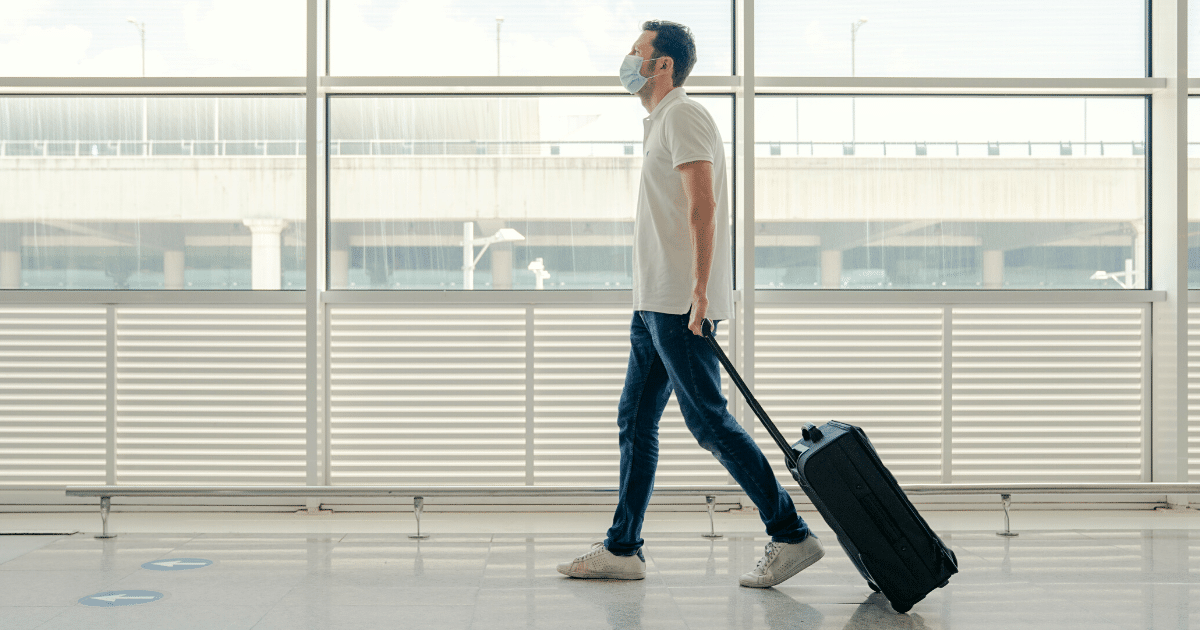
Flying
Most people who fly use rideshare services to and from the airport. Those encounters, in addition to various check-ins and queues at the airport as well as your time on the airplane itself, all bring you in close proximity with others who may carry the virus. You can protect yourself by employing the general precautions above and also doing the following once at the airport.
- Follow the rules posted at airports, which have put precautions and protocols in place to reduce crowding and maintain social distancing.
- Some airlines are leaving middle seats open or otherwise spacing guests out. If yours isn’t, and your flight is relatively empty, you can ask to be moved to a more isolated seat.
- Keep in mind that most viruses and other germs are not spread easily on planes because of how air is filtered and circulated onboard. That said, if anyone near you is coughing or sneezing, turn on the air vent above your seat and aim it toward you – this will blow any airborne droplets away from you.
- Although most airlines are doing deep cleans of passenger areas between flights, it doesn’t hurt to sanitize the most used areas: seat belts, armrests, tray tables, overhead controls, light buttons, call buttons, and the lavatory handles.
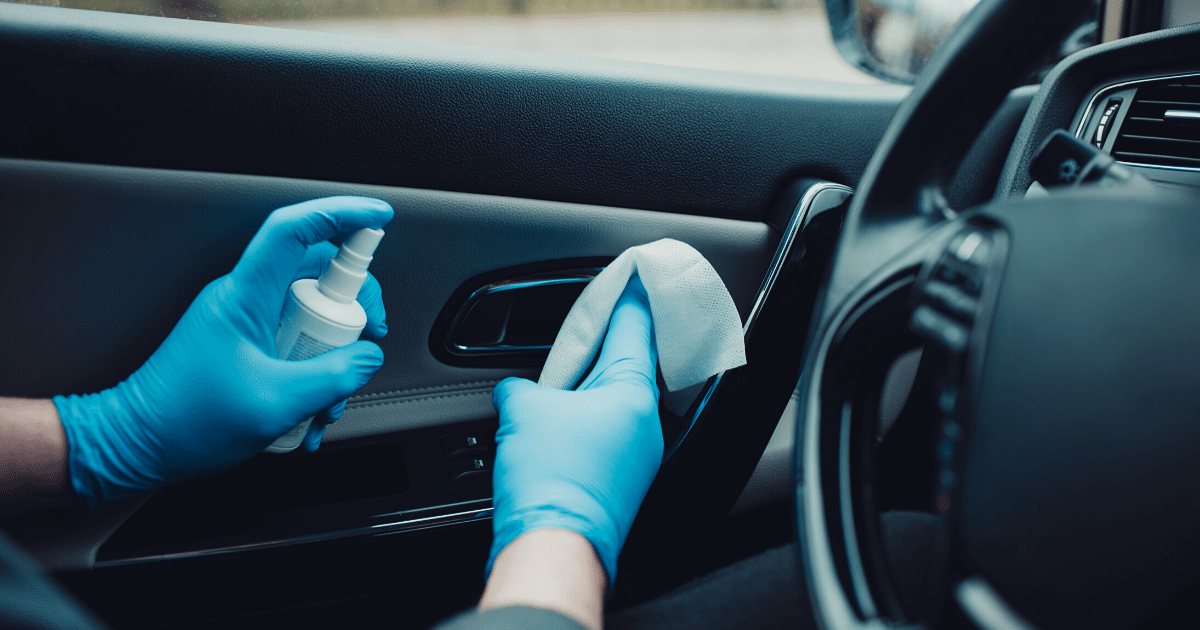
Car Rental
When it comes to vehicles, they actually pose a fairly low transmission risk because viruses don’t live long on hard surfaces and any that are present would typically be present in a low quantity (“low viral load”). Transmission risk is between people than between people and objects. Still, there are a few good rules of thumb to go by.
- Try to go with a company that has touchless check-in and drop-off, and uses a socially distanced protocol for rental activities.
- Check with the rental company’s cleaning policy and make sure you’re comfortable with it.
- Once inside the car, wipe down the most-used surfaces: key fob, seatbelt buckle, gearshift, steering wheel, buttons or knobs on the console, door handles, etc.
- If you’re using the rental car to go on any multi-day journeys, check our tips for road-trip safety.
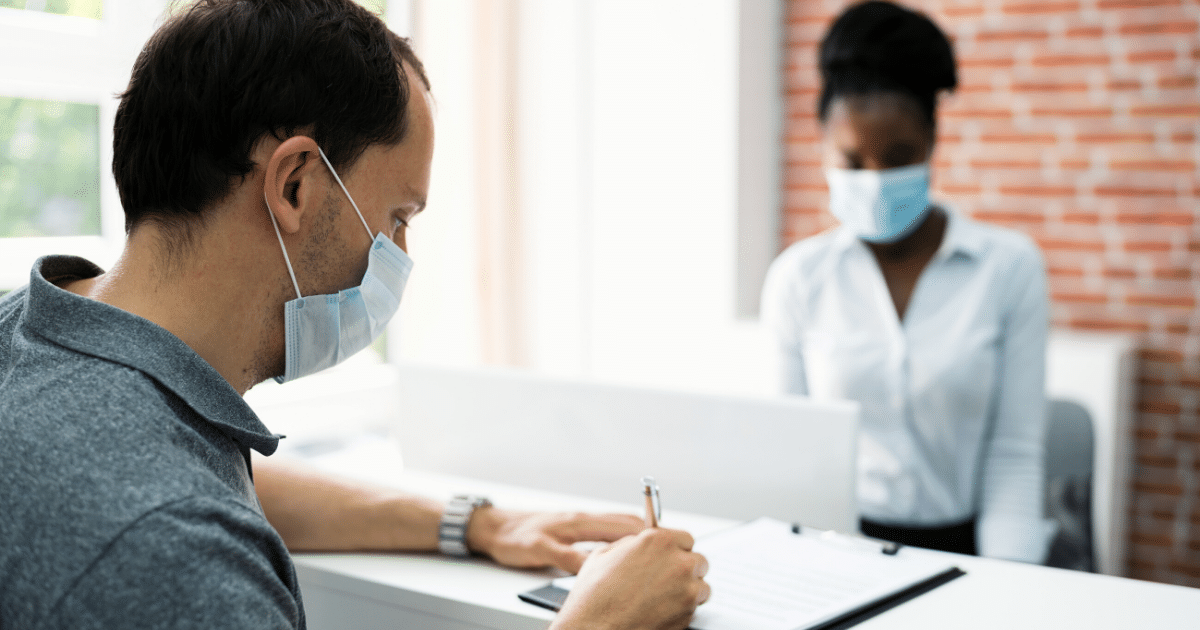
Hotels
Most hotels have adopted major overhauls to how they’re cleaning and sanitizing guest rooms, lobby areas other areas of the hotels. That said, you can do things to further reduce your risk.
- Check their website for enhanced cleaning/sanitizing protocol.
- Be especially cautious in the lobby, elevator, and at the front desk — these are high-touch places where people tend to congregate.
- If possible, ask to be put in a room that’s been vacant for 24 hrs.
- Disinfect high-touch surfaces in your room: light switches, doorknobs, tables, countertops, latches and handles, remote control, faucets, desks.
For travel safety during the age of Covid, consistency is the name of the game – consistency of safety habits and precautions. But being a good traveler also means being ready for the unexpected, so in addition to the above, make sure you have a plan ready for if you or a family member does get sick along the way. Hopefully, you won’t need it, but having a plan will make a trying situation a bit less stressful.
This article is furnished by California Casualty. We specialize in providing auto and home insurance to educators, law enforcement officers, firefighters, and nurses. Get a quote at 1.866.704.8614 or www.calcas.com.
- Graduation – When to Remove Your Child from Your Auto Policy - May 18, 2023
- How to Prevent Catalytic Converter Theft - May 17, 2023
- How Much Does Home Insurance Cost? - May 17, 2023

